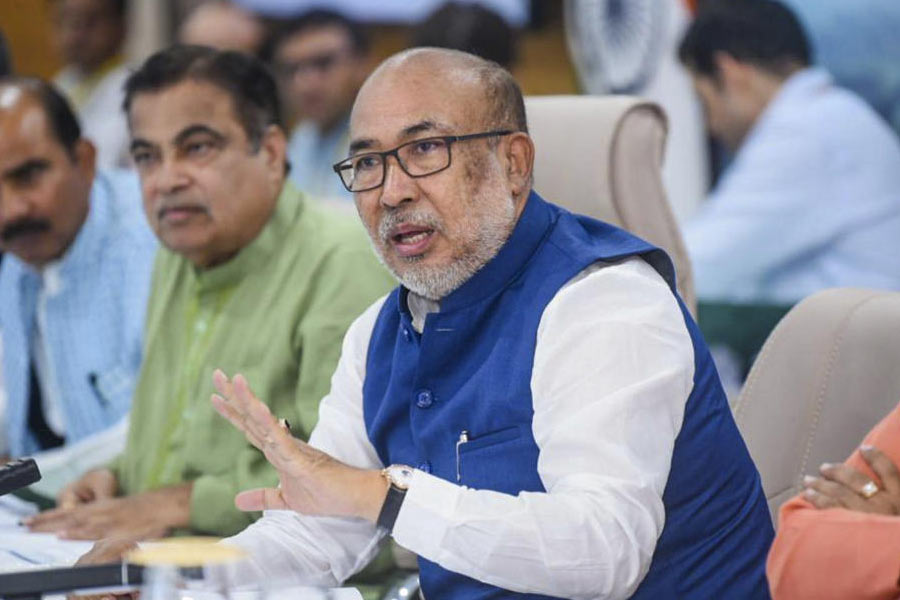Geologists have coined the term Anthropocene to describe the present age in which human activities are generating a greater impact on the earth system than natural forces. The age of the Anthropocene is, therefore, also a call for action towards the collective reimagination of our goals, institutions and standards to ensure the sustainability of the biosphere. What might such a reimagination entail in the Indian context?
India has an impressive array of laws and policies addressing environmental protection. The Supreme Court has recognized and reiterated the constitutional right to clean environment. The National Green Tribunal is nearing a decade of its existence. Despite these legal and institutional safeguards, environmental indicators have consistently portrayed a dismal picture. How do we explain this failure?
The answer perhaps lies in the collective failure to understand that environmental damage is irreversible. The ‘polluter pays principle’ is thus seen as an effective remedy to address environmental degradation. The PPP allows the polluter to evade punitive action by paying for environmental damage, the presumption being that the monies collected would then be used for the restitution of the environment.
The starkest example of this kind of failure is manifest in the T.N. Godavarman Thirumulpad versus Union of India case. The centralization of forest regulation through the establishment of the Central Empowered Committee and the adoption of the PPP have meant that natural forests have been monetized through deposition of net present value and payment for compensatory afforestation. In fact, the scale of monies deposited for diverting forests for non-forest purpose was so enormous that the government had to enact the Compensatory Afforestation Fund Act, 2016 to constitute an authority at the national and state levels to manage the funds collected. Environmental activists argue that the Supreme Court’s intervention has facilitated the creation of a centralized mechanism for the destruction of natural forests and is in conflict with the Scheduled Tribes and Other Traditional Forest Dwellers (Recognition of Forest Rights) Act, 2006.
Sustainable development has emerged as a convenient moniker to justify environmental damage for the purposes of ‘development’. Fait accompli has often used as a convenient argument by the State. Development is initiated first and post facto clearance sought later by relying on the principle of fait accompli. Poverty reduction is seen as the more urgent national goal, to be pursued at a great environmental cost. In spite of the legal challenges mounted by rural and tribal communities, the intrinsic idea of sustainable development has been largely abandoned. The environmental impact assessment process, which was supposed to provide a regulatory framework for ensuring sustainable development, operates in terms of exceptions. The executive has consistently revised the stipulations to provide for an ever increasing list of exemptions, from irrigation projects to thermal power plants. The public consultation process is the only statutory space provided for people’s participation in environmental decision-making.
Rethinking requires us to first accept that the biosphere cannot support endless consumption. The PPP should be abandoned; regulatory bodies, such as the expert advisory committee which reviews EIA proposals and pollution control boards, should be provided adequate resources and empowered to act independently of the executive; the Supreme Court could build collaborations with the National Human Rights Commission, National Commission for Scheduled Tribes and the National Commission for Women to monitor and report environmental violations; the decentralization of institutions for granting EIA would be a first step towards the principle of subsidiarity in environmental governance.












